Smart Packaging Technology: How Innovation is Transforming the Industry
Baraka • November 15, 2024
Smart Packaging Technology: How Innovation is Transforming the Industry
Introduction
Technology is advancing at breakneck speed, and one of the sectors that benefits most from this evolution is packaging. Smart packaging is revolutionizing how we interact with products, offering innovative solutions that enhance not only consumer experience but also operational efficiency across various industries. In this article, we will explore how these innovations are transforming the packaging landscape.
What is Smart Packaging?
Key Features
Smart packaging refers to packaging that integrates advanced technology to collect, process, and transmit data about the packaged product. This includes information on temperature, humidity, freshness, and other critical parameters that affect product quality.
Involved Technologies
Among the most notable technologies are sensors, RFID tags, QR codes, and geolocation systems. These tools enable constant monitoring and direct interaction with consumers, creating a stronger link between the product and its end user.
Benefits of Smart Packaging
Improvement in Product Freshness and Quality
One of the most significant advantages is that these packages help maintain product freshness and quality for longer periods. For instance, sensors can alert distributors if a product has been exposed to improper temperatures.
Increased Transparency and Traceability
Today's consumers value transparency. Smart packaging allows for tracking the origin of the product and its history throughout the supply chain, which builds consumer trust.
Enhanced Consumer Interaction
With interactive labels that provide additional information about the product or even recipes, a richer experience is achieved for consumers, fostering an emotional connection with the brand.
Key Technologies in Smart Packaging
Temperature and Humidity Sensors
These devices are essential for monitoring the conditions to which a product is exposed. If a perishable food item gets too warm, for example, the sensor can send an alert to the supplier or consumer.
RFID Tags and QR Codes
RFID tags allow for precise inventory tracking, while QR codes offer additional information when scanned by a smartphone, such as nutritional details or usage suggestions.
Geolocation Systems (GPS)
These systems enable real-time tracking of products during transportation, significantly improving logistics and reducing losses.
Applications in the Food Industry
Monitoring Conditions During Transportation
Smart packaging is particularly useful in the food industry, where maintaining optimal conditions is crucial for ensuring food safety.
Waste Prevention
By providing accurate information about the state of a product, these packages help reduce waste by alerting about items nearing their expiration date or those that have been improperly stored.
Examples of Companies Using Smart Packaging
Companies like Nestlé and Coca-Cola are already implementing these technologies to improve their logistical processes and offer fresh products to their consumers.
Impact on the Supply Chain
Optimization of Logistical Management
The integration of smart technology allows for more efficient inventory management and better logistical planning, resulting in lower operational costs.
Reduction of Operational Costs
By minimizing losses due to spoilage or mishandling, companies can save significantly on costs related to returns or replacements.
Success Stories in Implementation
Several companies have reported significant improvements in their operations after adopting smart packaging, highlighting not only economic savings but also increased customer satisfaction.

Challenges and Considerations
Initial Costs and Return on Investment
While the benefits are clear, initial investments can be high. Companies must carefully evaluate their return before implementing these solutions.
Need for Technological Infrastructure
To fully leverage smart packaging, companies need to have adequate technological infrastructure that supports these innovations.
Concerns About Privacy and Data Security
With the increased use of connected technologies come concerns about how collected data is managed. It is vital to ensure compliance with privacy regulations.
Future Trends in Smart Packaging
Expected Technological Advances
Innovations are expected to continue evolving towards even more integrated and intuitive solutions that provide an enriching experience for consumers.
Integration with the Internet of Things (IoT)
The connection between devices will be key to creating an ecosystem where all elements work together to optimize both production and consumption.
Potential for Mass Personalization
Smart packaging could allow brands to offer personalized experiences based on data collected about individual consumer preferences.
Conclusion
Smart technology is redefining what we understand as packaging. From improving freshness to increasing transparency and fostering meaningful interaction with consumers, smart packaging represents a necessary evolution in an increasingly digitized world. As we face new economic and environmental challenges, it is crucial to embrace these innovations to remain competitive and responsible.
What are smart packages?
Smart packages are containers equipped with advanced technology that allows them to collect and transmit data about the state of the product.
How do smart packages improve product quality?
These packages use sensors to monitor conditions such as temperature and humidity, alerting users or distributors if there are issues that could affect quality.
What technologies are used in smart packaging?
Various technologies such as sensors, RFID tags, QR codes, and GPS systems are used to enhance tracking and handling of products.
What are the main challenges when implementing smart packaging?
Challenges include high initial costs, the need for adequate technological infrastructure, and concerns regarding privacy and data security.
Which companies are leading the use of smart packaging?
Companies like Nestlé and Coca-Cola are at the forefront by implementing innovative solutions to improve their logistical processes through smart packaging.



